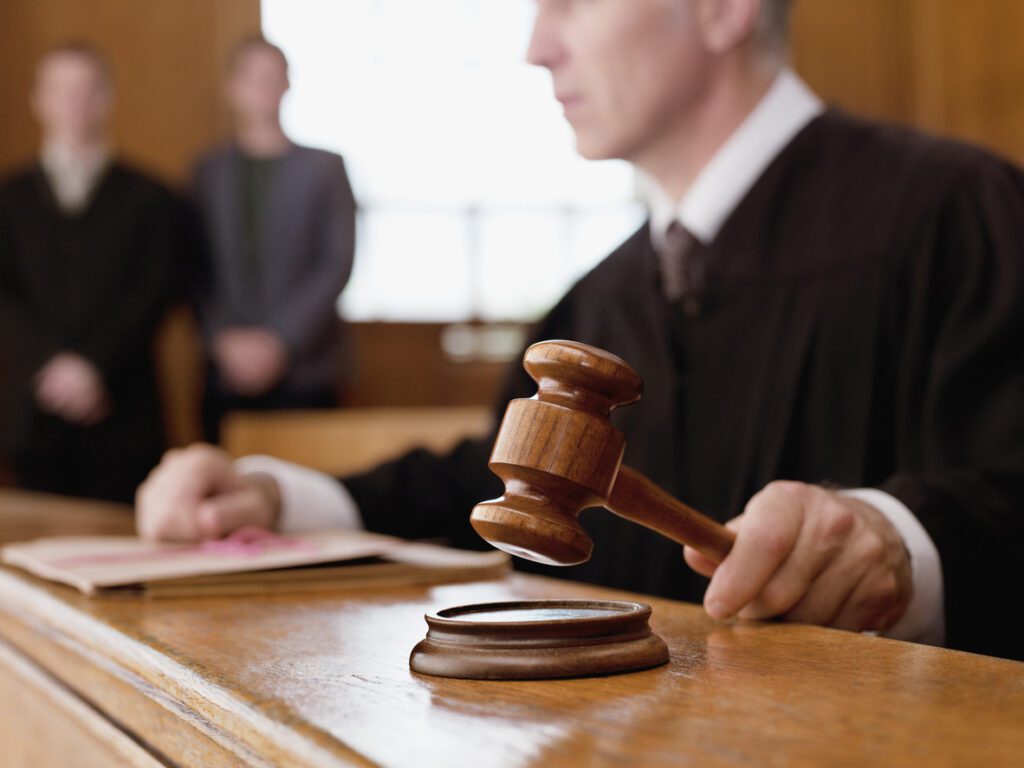Should Appraisers and Umpires Be Immune From Suit?

The question highlighted in this post is one I often encounter from appraisers and umpires during appraisal seminars. By choosing the word “should” over “can,” this topic remains a focal point of interest and debate, especially since the law remains undeveloped in numerous states.
The current question is the result of this week’s post, Can Appraisers Be Sued for Negligence and Misconduct? A Practical Guide for Appraisers and Umpires. I promised to follow up with the remaining cause of action, which the insurer’s appraiser eventually won.1 In an excellent brief, counsel set forth the following facts and argument:
This case stems from a disagreement between two opposing appraisers as to whether Plaintiffs’ entire roof, or only a portion of the roof, should have been replaced following an April 2020 windstorm. The appraiser Plaintiffs designated pursuant to the appraisal provision in their insurance policy, Christopher Powers, believed that the entire roof should be replaced. The appraiser designated by Encompass, Defendant Victor A. Hoffman, believed that only part of the roof should be replaced. The insurance policy called for Mr. Powers and Mr. Hoffman to present their disagreement to an umpire. Mr. Hoffman was agreeable to doing so. Mr. Powers was not. Instead, Mr. Powers made unsupported accusations against Mr. Hoffman that he was ‘heavily guided’ by Encompass throughout the appraisal process, seemingly to follow the appraisal procedures called for by the policy, and encouraged Plaintiffs to file suit rather than complete the appraisal.
Mr. Hoffman seeks summary judgment with regard to the only remaining claim against him, a tortious interference with contract claim, because: (1) Plaintiffs cannot establish that Mr. Hoffman induced or otherwise caused Encompass to deny coverage; (2) Mr. Hoffman did not act without privilege or justification; and (3) Mr. Hoffman should be immune from suit.
The judge ruled in favor of the appraiser, finding:
In sum, given that Pennsylvania law does not recognize an interference claim grounded on section 766A, and Plaintiffs have failed to argue, much less point to any evidence, that Encompass breached the Policy as a result of interference by Hoffman, as is necessary to support a claim under section 766, we conclude that judgment must be entered in Hoffman’s favor on Plaintiffs’ contractual interference claim against him.
The insurer’s appraiser won and is no longer part of the case. The court never reached a conclusion about whether the appraiser was immune from suit, because the appraiser won on other grounds.
The brief cited a lone Connecticut case2 on direct point for the proposition that an appraiser should be immune from suit:
In Bilyard v. Middlesex Mutual Insurance Company, the Superior Court of Connecticut recently held that the plaintiff failed to state a tortious interference with contract claim against an appraiser because the defendant appraiser was immune from suit. See Bilyard v. Middlesex Mut. Assur. Co., No. UWYCV206054893S, 2022 WL 2342038, at *1 (Conn.Super. June 01, 2022). In Bilyard, the court considered whether the tortious interference with contract claim should be stricken as to the insurer and its designated appraiser because the plaintiffs’ claims against them arose from the appraiser’s alleged misconduct incident to his service as the appraiser chosen by the insurer. See Bilyard, 2022 WL 2342038, at *1. The court explained that to the extent that the plaintiffs sought damages by way of a direct action against an appraiser who was appointed under the auspices of Section 38a-3071, ‘the validity of this action is properly considered in a fashion that is analogous to a situation in which an aggrieved party brings suit against an arbitrator seeking damages because of dissatisfaction resulting from the manner in which the arbitrator conducted his or her duties.’ The court explained that under both common law and Connecticut statutory law, arbitrators are immune from suit for all actions performed in their capacity as an arbitrator…. Noting that no binding Connecticut law had extended common law or statutory arbitrator immunity to appraisers, the court turned to a California case which, consistent with Connecticut case law, concluded that ‘[w]e see no reason why an appraiser who is required by statute to be ‘disinterested’ … should be subject to tort liability in connection with his role as an appraiser, given this state’s preference to provide immunity to those who perform the function of resolving disputes between parties….’
Many appraisers and umpires reading this blog post are likely hoping for a “yes” answer to the question posed. However, it’s interesting to note that these might be the same readers who argue that appraisal is not the same as arbitration and that arbitration cases shouldn’t dictate appraisal practices. It’s somewhat ironic that the immunity often granted to arbitrators by statute is precisely what appraisers and umpires seek.
Ultimately, the answer to today’s post is subjective and open to interpretation. The question of whether an appraiser or umpire can claim immunity remains a topic of great debate in legal courts.
Thought For The Day
When you argue with a fool, there are two fools in the argument.
—Mark Twain
1 DeAngelis v. Encompass Home & Auto Ins. Co., No. 2:22-cv-02577 (E.D. Penn. May 30, 2023).
2 Bilyard v. Middlesex Mut. Assur. Co., No. UWYCV206054893S, 2022 WL 2342038, (Conn.Super. June 01, 2022).


